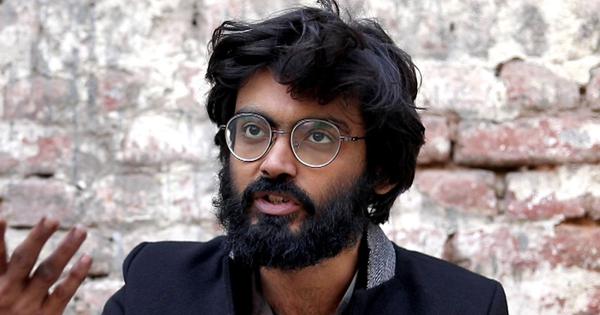Nithyakalyani Narayanan. V
A Delhi court stated on February 18th, Saturday, that Sharjeel Imam’s speeches and other actions against the Citizenship Amendment Act (CAA) did not incite anyone to take up weapons or kill people, but rather mobilised the populace, disrupting Delhi and possibly served as the primary catalyst for the outbreak of the riots in February 2020. Imam was denied bail.
The disturbances were caused by the Imam’s forceful lectures, which captivated the attention of members of the community and encouraged them to engage in disruptive actions, according to the ruling of Additional Sessions Judge Sameer Bajpai of the Karkardooma court. It was decided that he effectively twisted the truth and incited the public through provocative statements and social media in order to wreak chaos throughout the city. The court held that his choice of words in his many speeches was so potent that it captivated the attention of the residents of a certain town and encouraged them to participate in the disruptive actions that ultimately led to the riots.
The Court stated that following the Imam’s statements and as a result of his actions, there were more protestors and demonstration locations throughout Delhi. The throng began to block the key thoroughfares, bringing the entire city to a halt.
The judgment was made while denying Imam statutory bail in a case brought under the Unlawful Activities Prevention Act (UAPA) and sedition for allegedly making provocative speeches in December 2019 while staging protests against the National Register of Citizenship (NRC) and the Citizenship Amendment Act (CAA) in Delhi’s Jamia area and at Aligarh Muslim University.
He was arrested on January 28, 2020. The trial court had denied his initial bail request in July 2022. In Imam’s case, the maximum term was seven years in prison, but he had already served four years, therefore he qualified for statutory bail.
He claimed that the Supreme Court had declared the offence of sedition under Section 124A of the Indian Penal Code to be perpetual and that the UAPA provisions that were used against him carried a maximum punishment of seven years. The Court did state that the activities of Imam would be considered sedition according to “normal dictionary meaning,” even if it cannot consider the charge of sedition under Section 124A IPC.
Name of the case: State vs. Sharjeel Imam, I.A. No. : 04-2023 (SC No. : 132/2020)

